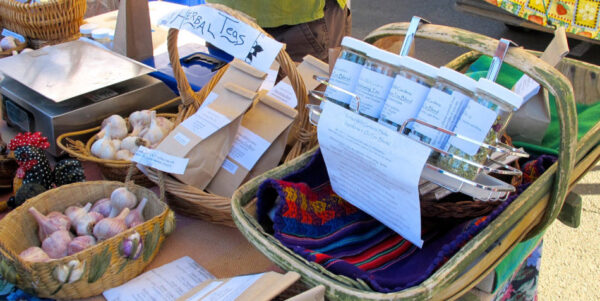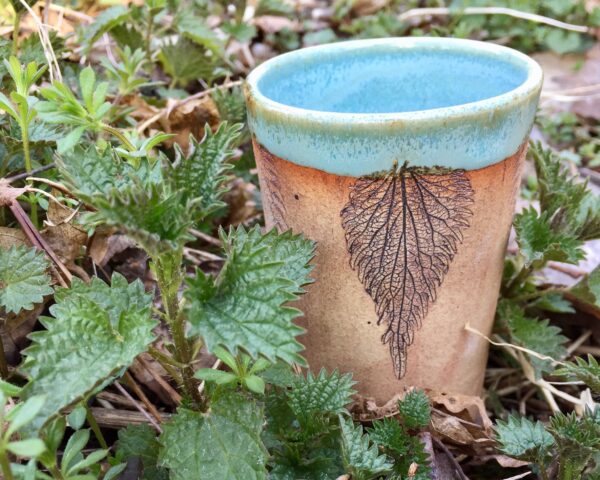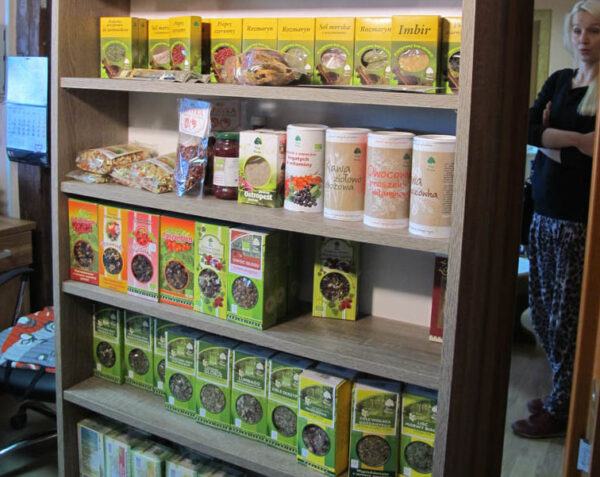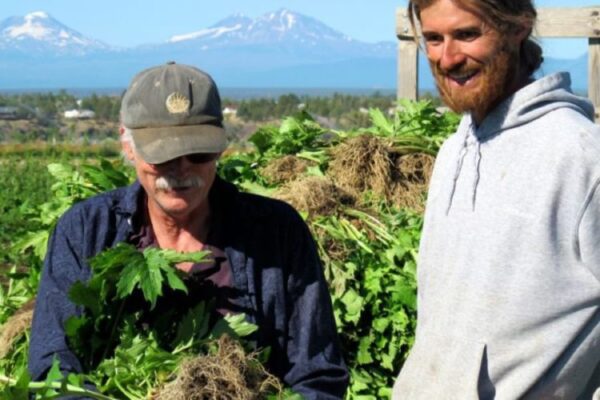Why do certifications matter

“There is a market for easier standards. And there are weak standards out there that are difficult to differentiate from the rigorous standards.”
–Josef Brinckmann
Diving Deep
There is an integral connection between how an ingredient is sourced and the quality of the finished product. Rigorous voluntary sustainability standards require visibility into where and how ingredients are sourced. They also typically help establish long-term trade relationships between the producer and the buyer as the producers go through the certification process. This can build trust over time, helping to avoid raw material not meeting specifications and enabling troubleshooting when problems arise.
Certifications are a way for brands to communicate their company’s investment in the supply chain and commitment to improving the resilience and health of the communities from which these raw materials are sourced. The visibility into the supply chain and the investment in specific practices required can contribute to a consistent and reliable supply of the botanical raw material.
While certifications can’t be translated into specific quality specifications, they can help create the conditions to better manage and assure quality.
By purchasing certified ingredients, consumers help create more demand for products where companies are investing in sustainable and ethical sourcing practices.
What to look for:
- Third-party auditing: This means that a company is audited by an independent third-party, which is different from an internal corporate audit.
- Percentage of certified ingredients in the finished product
- For fair trade certified products, a guaranteed minimum price and fixed premium for community projects.
Types of Certifications
Fair Certifications
EcoCert Fair for Life Standard –
Fair for Life certified products are produced by companies who have committed to improved pricing terms for producers, better wages (with a minimum pricing system) and labor relationships, improved equity in decision making processes, and support of a Fair Trade Fund for community projects. To qualify for using the Fair for Life label, a product must contain at least 80% of certified ingredients. A Fair for Life label means that the company has committed to ensuring everyone at every level of the producing or production process is paid fairly and has decent working conditions, no matter whether they’re working in Belgium or Bangladesh.Fair Trade International Fairtrade Standards –
The Fair Trade International (FLO) Fairtrade Standards are voluntary sustainability standards designed to support the sustainable development of small producer organizations and agricultural workers in developing countries.Organic Production Standards – There are two types of standards:
- (a) regulatory standards for organic production, which are outlined in national regulations and enforceable by governmental agencies such as the USDA National Organic Program (NOP) USDA National Organic Program Standards –The United States Department of Agriculture (USDA) National Organic Program (NOP) is a federal regulatory program that develops and enforces consistent national standards for organically produced agricultural products sold in the United States. If a product is represented as organic, at least 95 percent of its ingredients must be certified organic.
- (b) voluntary sustainability standards such as the Demeter Biodynamic® Farm and Processing Standards and the Regenerative Organic Certified® (ROC).
- Biodynamic® Farm and Processing Standards –The Demeter Biodynamic® Farm Standard is a voluntary sustainability standard outlining an organic farming method that requires the creation and management of a closed system minimally dependent on imported materials, that meets its needs from the living dynamics of the farm itself.
- Regenerative Organic Certified® Standards –The Regenerative Organic Alliance’s Framework for Regenerative Organic Certified® (ROC) is a voluntary sustainability standard that treats healthy soil as the foundation of good farming, while taking care of the farmers, farm workers and farm animals who work and live on the land. ROC codifies these practices in a new standard, building on existing organic, animal welfare and fair trade certifications.
- Others: regenified?
Wild Harvest Certifications
FairWild Standard –
The FairWild Standard is a voluntary best practice standard for sustainable wild harvesting and equitable fair trade. Certification requires that producer operations have a management plan that includes strategies to prevent or reduce threats to sustainable wild collection; periodic monitoring within the management area to confirm the species is remaining stable or increasing; only purchasing raw material from registered and trained collectors. Collectors have been trained in sustainable wild collection and post harvest handling. Records are kept of purchases, including the date, collectors name and code, collection area, quantities and details, which allows companies to trace back each batch of goods to the area where it was collected. FairWild certification requires that collectors are paid fair, long-term prices, at approximately 5% above the market level. In addition, collectors and their communities benefit from payment of the FairWild Premium.Wild-crop Harvesting Practice Standard –
Organic wild-crop operations are regulated by the United States Department of Agriculture and must have an organic system plan and are subject to most of the same requirements as organic farms. The regulation also includes natural resources and biodiversity conservation requirements. The scope of the standard is limited to environmental sustainability and does not include criteria for economic or social sustainability of the operation or community.Blog Posts Related to Why do certifications matter
Seeds of the SHI Learning Labs
Building Collaborative Networks in the Botanical Industry The vision for...
Navigating the Science and Spirit of Herbs
Botanist and potter, Zoe Gardner, talks about her experience navigating...
What Herb Company Do You Recommend?
I’m often asked what herb company people should buy from....
Randy Buresh: Connecting with the Plants
Randy Buresh, co-founder of Oregon’s Wild Harvest, became interested in...




